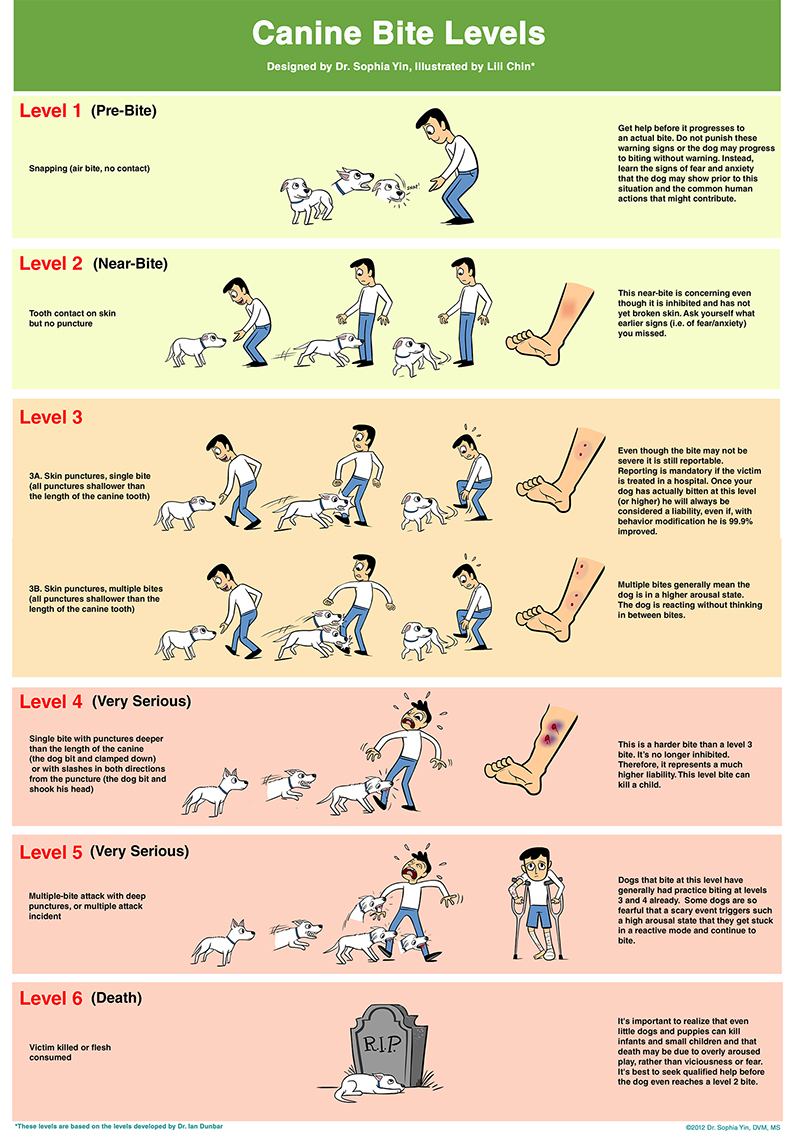Boston Terrier Rescue Canada’s policy on aggressive dogs
“My dog has bitten my child (or friend, or neighbour) or has attacked another animal, and I need to surrender him immediately. He’s really a good dog – he just needs a home without kids or other pets, a quiet place in the country with someone who can work with him.”
Sadly, we receive this message far too frequently. Some owners feel that their dog can be trained or rehabilitated to a point where he will be safe. Others feel that the perfect solution for their dog is an adult-only home where the risk for aggression can be managed. Some even argue that we are rescue, so it is our “job” to take responsibility for a dog that can no longer live with the family who has loved and cared for them.
We also know that some owners truly have tried everything they can to deal with their dog’s behaviour, and feel that surrendering their dog to rescue is their dog’s last hope.
Boston Terrier Rescue Canada is a foster-based organization. There may be a misconception that we have a central shelter/boarding facility staffed by professional dog trainers and behaviourists where we can house and work with dogs with behavioural issues. (Just like you see on TV.) Unfortunately, this is not the case. All dogs that come to us are fostered with volunteers and live in our homes with our own families and other pets.
While it is true that some of these dogs can be helped, provided they are in a home with a dog-savvy individual committed to working with a knowledgeable trainer, as a volunteer organization our resources are always stretched thin, and this ideal situation is nearly impossible to find. For that reason, we must evaluate each surrender request on an individual basis.
The average time for the adoption of a young, healthy single breed dog is approximately four to six weeks. Dogs that require additional training and that are not yet housebroken can take extra time to adopt out. Dogs with medical issues stay with rescue until they are healthy enough to be adopted. In the same length of time that a rescue houses one aggressive dog, we could have cared for several adoptable dogs and placed them into forever homes. Accepting an aggressive dog into rescue may mean turning away other friendly dogs that need our help.
Families that come to us to adopt a dog want a companion they can trust. They want a dog that they can take to the park, be around company when the kids’ friends are over, and have around their own friends and family safely without any fear of aggression. The average person looking to adopt has neither the knowledge nor the skills (nor the desire to learn how) to work with an aggressive dog – any more than the family who wants to surrender that same dog. And what about those adult-only homes? In reality, it’s hard to find people who don’t have children, don’t have grandchildren, and who never invite nieces, nephews or friends with kids to visit. Few people stay home all the time so their dog doesn’t have to interact in the world.
As much as we would like to save every dog, we recognize our responsibility to ensure the safety of our volunteers, their pets, and the community. We cannot accept a dog with a confirmed history of aggression towards people, or severe aggression toward other dogs (which can put people at risk as well).
Aside from the legal liability that comes with rehoming a dog with a bite history, there is a moral responsibility for what happens if the aggression recurs – either to another dog, another person or to the dog itself. We feel an obligation to our adoptive families to ensure they are taking home a dog that will be safe.
If your dog is aggressive or has a bite history, we suggest that your dog have a thorough veterinary examination to make sure that the behaviour is not caused by a medical condition. Once your dog is given a clean bill of health, seek professional help. Ask your veterinarian for a reference for a certified animal behaviourist or a trainer qualified and experienced in dealing with aggression. We may also know of reputable animal behaviourists and trainers in your area that we can recommend.
The option to euthanize a beloved dog for severe behavioural issues is one of the most difficult decisions anyone ever has to make, and should be never taken lightly. There are, however, dogs that will never be “fixable” or manageable. If they can never be safely around people, or pets, and this isolation means their emotional needs aren’t being met, if they are always fearful and reactive, the hard truth is that they are not living a good quality life. The decision to let them go peacefully and with dignity may be the kindest one.
We strongly suggest that you speak with your veterinarian and trainer to help to guide you through this emotional decision. We are also available if you would like to reach out.


